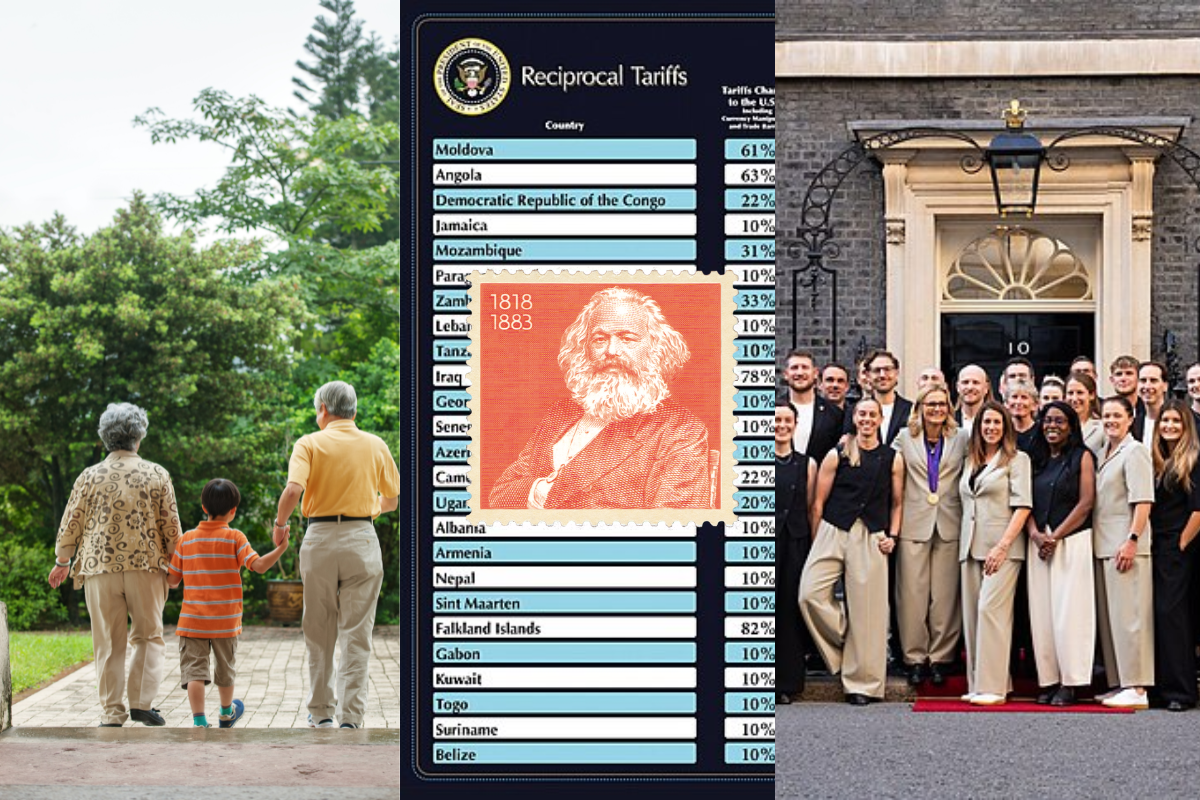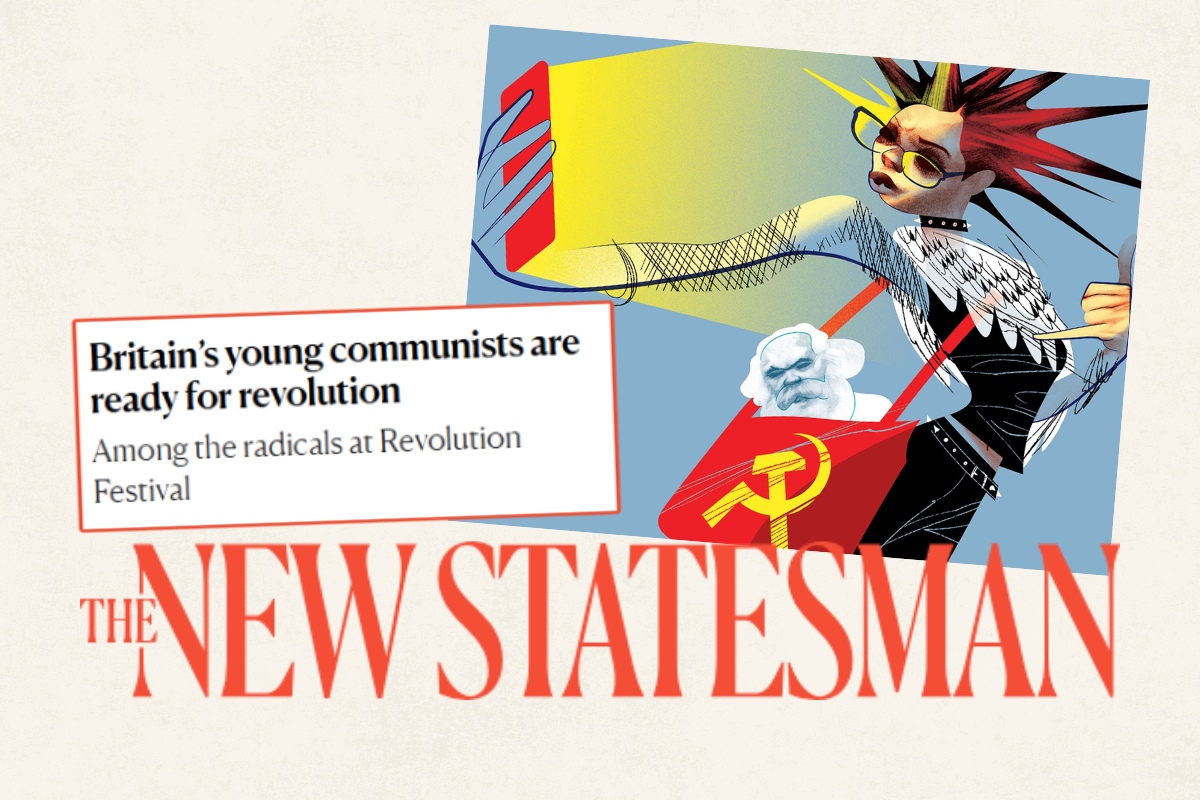Childcare crisis compels grandparents
As a grandpa I love spending time with my grandkids, but it does not always feel like a choice.
For the past seven years I have taken care of the two grandkids who live locally from the age of six months to pre school. This being for around ten hours to assist their parents, one who works daily and one who is a recently qualified nurse on shifts.
With both parents working it was still too costly to put the children into a nursery full time. So all the grandparents assist to keep costs down. I do Mondays as the nurseries insist on block bookings – which means even when the nursery is shut on bank holidays it has to be paid for! The demand is high and places are few with long waiting lists.
At the nursery then staff are brilliant and have only the interests of the children at heart but the owners are about profit and the need to maximise it.
Obviously I feed the kids, and usually cook tea for my son when he’s done his work as a plasterer. This is not a major hardship to me but to many it may eat into their pensions and many of us feel such an obligation to our families.
Imagine the difference under a planned economy – a space for every parent who wants or needs one, adequate capacity to accommodate variations in habits or emergencies, and public canteen for food as and when needed.
These small changes would enrich all workers’ lives, freeing us to do what we should be able to do – spend quality time when we choose with our families, without it being a necessity or a compulsion. These changes are long overdue.
Pagey, Leicester
Final whistle for Morecambe FC?
Morecambe FC has until 20 August to find a new buyer, or it will be expelled from the National League – and will likely cease to operate after almost 100 years.
Morecambe is in dire straits financially: it lost nearly £1.2m in the 2023/24 season, with debts of £3.1m. Staff at the club are currently being paid a third of their usual wages, and the team doesn’t have enough senior players to fill a squad, even if they were allowed to play.
They are not alone in this: nearby Macclesfield Town were in an almost identical situation in 2020 and collapsed, the same year in which Bury FC was also placed into administration. In 2023, Scunthorpe United was saved just one hour before collapse.
What’s going wrong with the most popular sport in the UK?
The so-called “Big Six” alone account for over a half of the industry’s total revenue, while at least 17 clubs in the top four tiers of English football doubt they will continue trade for another 12 months.
Barely hanging on between one injection of credit to the next, 84 percent of all clubs in the top four tiers of English football are losing money.
This disparity between the huge conglomerate, global brand clubs of football and the situation for most smaller clubs – whose player wage bill alone surpasses total income – is the stark reality of modern football.
But these smaller clubs are often the lifeblood of the local community.
Economically, they can be large local employers and important suppliers of tourism in the form of away fans. But more than this, they are key to giving joy and a sense of local pride, especially in many deindustrialised or ex-tourist seaside towns left to rot by successive governments.
Under capitalism, these beloved institutions are under constant threat – while the body of English football, the FA, ironically does sweet F.A. about it!
These areas are left facing no future, no investment, and now potentially no football on a Saturday – all because it’s profits before everything else. It’s beyond time to kick capitalism out of football for good.
Myles Gordon, Ealing
They won the Euros – but not equal pay
The Lionesses have electrified the nation with their triumph in Euro 2025.

They adorned the front page of every newspaper. Billboards up and down the country showcased them. Pundits on every sports channel talked about them. Keir Starmer, taking a break from licking the bankers’ and bosses’ boots, extended personal congratulations to the victorious team. Even some bus tickets were emblazoned with “Go Lionesses!”
Financial reports of the Women’s Euros showed plenty of evidence of the positive impact women’s football had on the economy.
But despite all of this, women footballers earnings still pale in comparison to their male counterparts. Many professional women footballers are forced to juggle childcare and second jobs alongside their football careers.
In childhood, women are already faced with the disadvantage that women’s sport, not just football, is severely starved of funding – impacting participation and health outcomes for women.
What this shows us is that the system is happy to pay lip service to the great success that the Lionesses have rightly earned through hard graft and sacrifice, and to make a good profit off the back of women’s football. All while grassroots football and the ambitions of girls hoping to reach the top of the game are crushed by austerity and the sexism that the same system breeds.
Tom Wood, Liverpool
Workers stuck on the fringes
I work for a chain coffee company and during the Edinburgh Fringe so far we’ve managed to break numerous targets and records.
This comes just after finding out about the removal of monetary bonuses for staff a few weeks prior to the Fringe. So far there is no promise of any sort of real rewards or benefits for the staff who have single-handedly pulled this off.
View this post on Instagram
We’ve been trying our best during the busiest period of the year, having to deal with the chaos of the Fringe Festival and the Oasis gig the past weekend, and only received word that we might get a staff meal in return.
If the profits made by the workers were shared with the workers, we’d be able to join in with the festivities and culture that the Fringe brings to the city, something that I’m sure most of the staff would enjoy.
Barista, Edinburgh
Trump’s tariffs leave British workers unemployed

Last week, the UK’s biggest bioethanol production plant Vivergo near Hull took in its last load of wheat amid the fallout from the US tariff deal. The closure of the plant now looms large.
This is yet another devastating blow to the economy and working class. This plant was a lifeline supporting 160 direct jobs and approximately 4,000 more connected roles. There were an estimated 140 lorries moving goods daily. Even the boss admitted that the plant was more than profitable, until the latest tariff deal threw it under the bus.
The closure will also have a catastrophic impact on British agriculture, which is already on the brink following Labour’s tax raids, which have fuelled mass protests last year, mainly of small and middle farmers who are facing ruin.
Around 12,000 farms will need to find new sale routes – most likely, they will export their crops for processing abroad at worse price tags.
This crisis starkly illustrates how the UK is being economically subordinated by the biggest imperialist power, the United States, while Starmer is branding this tariff deal as a major win.
The so-called illusion of ‘free trade’ is anything but free for the working class; it intensifies exploitation, job losses, and economic ruin.
The looming closure of this plant is proof of the destructive madness of capitalism.
Maciej, Swansea






